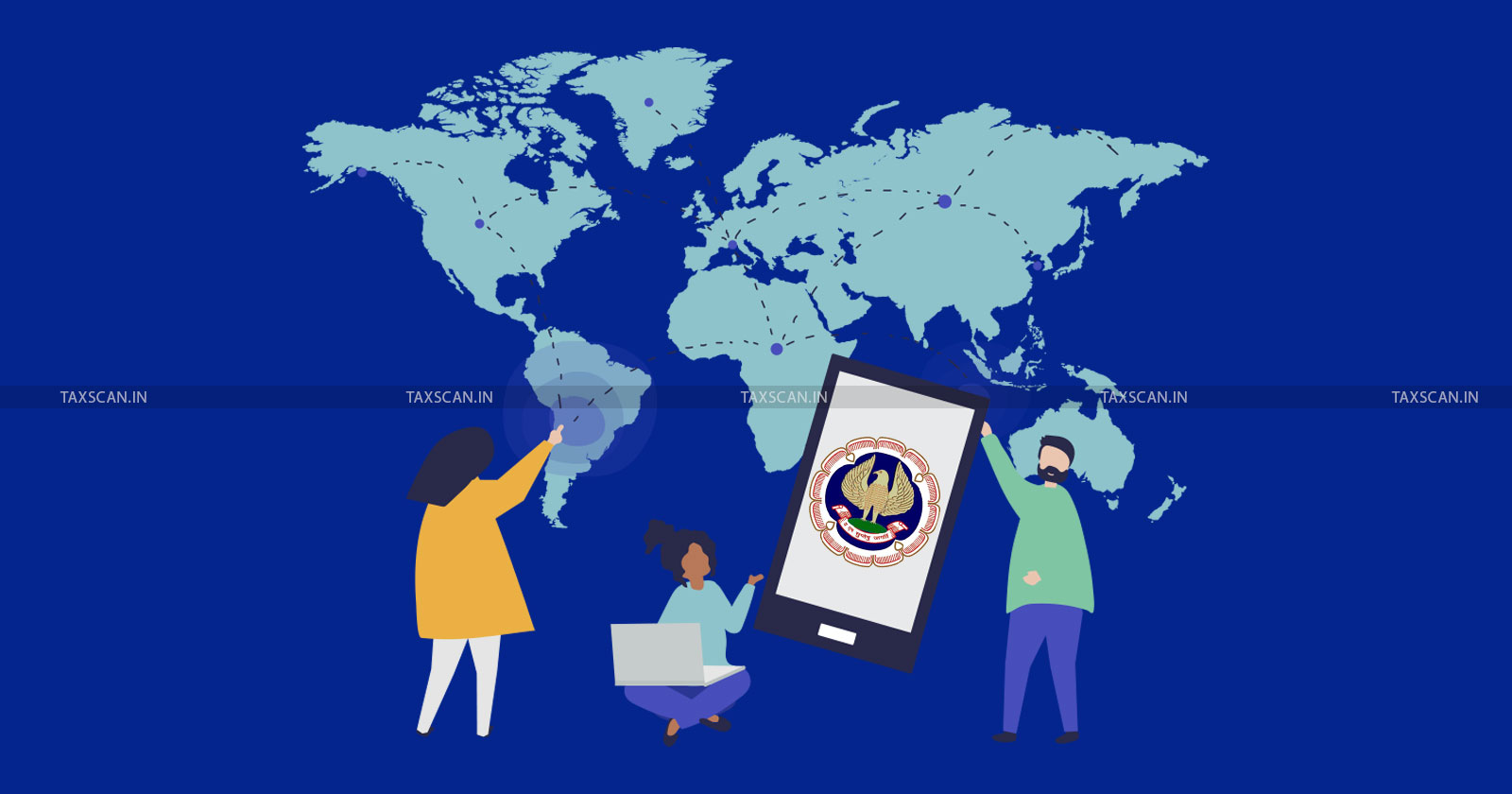Big Four Global Accounting Firms frown over New ICAI Rules on Overseas Operations
The proposed rules could hinder global accounting firms' operations in India and negatively impact smaller Indian firms reliant on international partnerships

Top global professional services firms are pushing back against draft guidelines to regulate overseas networks engaged in multi-disciplinary advisory services in India, saying they require excessive disclosures that raise confidentiality concerns and add layers of operational complexity.
The Institute of CharteredAccountants of India’s (ICAI) proposed guidelines also use highly ambiguous terminology that creates uncertainty in interpreting the rules, they said, setting the stage for a fresh standoff with the regulator.
Live Master Class on Customs Act and FTP, Enroll Now
ICAI had early this month released draft Guidelines for Overseas Network.
The move was meant to create a level-playing field, but has ended up throwing up concerns that could hamper working of global accounting firms in India.
Currently, there are more than 170 global networks operating in India, including the Big Four – EY, Deloitte, PwC and KPMG.
Readall Latest Updates on and about Big Four
One of their key concerns is the draft’s sweeping disclosure norms. For example, Form BO
requires foreign networks to report all civil, criminal, and disciplinary cases against any partner or CA employee of Indian entities from the past five years. Firms say it adds no value and may force irrelevant disclosures beyond professional competence or network operations.
Global professional services firms are also alarmed by the draft’s ambiguous disclosure norms, especially the requirement to report turnover on a “constituent-wise” basis, which could extend to all affiliated firms globally.
The guidelines mention regulated, unregulated, and overseas entities but don’t define boundaries, raising concerns about their scope.
This indicates an effort by ICAI to pull these services into its fold, disrupting the multidisciplinary firm model by forcing audit firms to build capabilities like IT and valuation independently, raising costs and diluting audit quality, he added.
Perhaps the most problematic aspect for foreign networks is the demand to disclose sensitive financial data of overseas entities.
Form DO requires turnover details on a constituent-wise basis, including overseas entities, overlooking how global professional networks work and the confidentiality obligations they have to adhere to, experts said.
This could force firms into a regulatory bind, caught between Indian compliance and legal constraints in their home jurisdictions. The rules also demand three years of detailed financial records, showing all money exchanged between Indian and foreign offices.
On the point of fees paid by Indian firms to global networks, it is not a typical royalty but a fair payment for real services, like access to global audit methods, technology, and quality systems that help firms do better work. Insiders say fees could range from 4% to 7% of revenues, varying by firm.
The draft guidelines also add operational strain on global networks by requiring a nodal officer to take personal responsibility for network-wide compliance – a demand seen as unrealistic.
The guidelines come as the Prime Minister's Office (PMO) pushes for the creation of India’s own ‘Big Four’, even as EY, Deloitte, PwC, and KPMG collectively crossed Rs 45,000 crore in India revenue in FY25—with Rajiv Memani-led EY (June year-end) on the verge of becoming the first to reach $2 billion in gross revenues.
How to Audit Public Charitable Trusts under the Income Tax Act Click Here
The draft also seems to suggest regulating overseas entities that participate in Indian audits, even though current group audit standards already hold the Indian auditor accountable, rendering such provisions redundant.
Firms that will lose out most in this exercise are the small and mid-sized Indian firms, experts said. For these firms, access to global networks is crucial, especially with the growing volume of cross-border work coming into India. These global partnerships help them build capacity and improve quality and these guidelines will create substantial hurdles.
ICAI has invited comments and suggestions on the draft rules proposed by its Committee for Aggregation of CA Firms (CACAF) from all stakeholders latest by June 27.
Support our journalism by subscribing to Taxscan premium. Follow us on Telegram for quick updates



